'They have no understanding of brutality of war', says British commander over Amnesty's Mosul 'war crimes' report
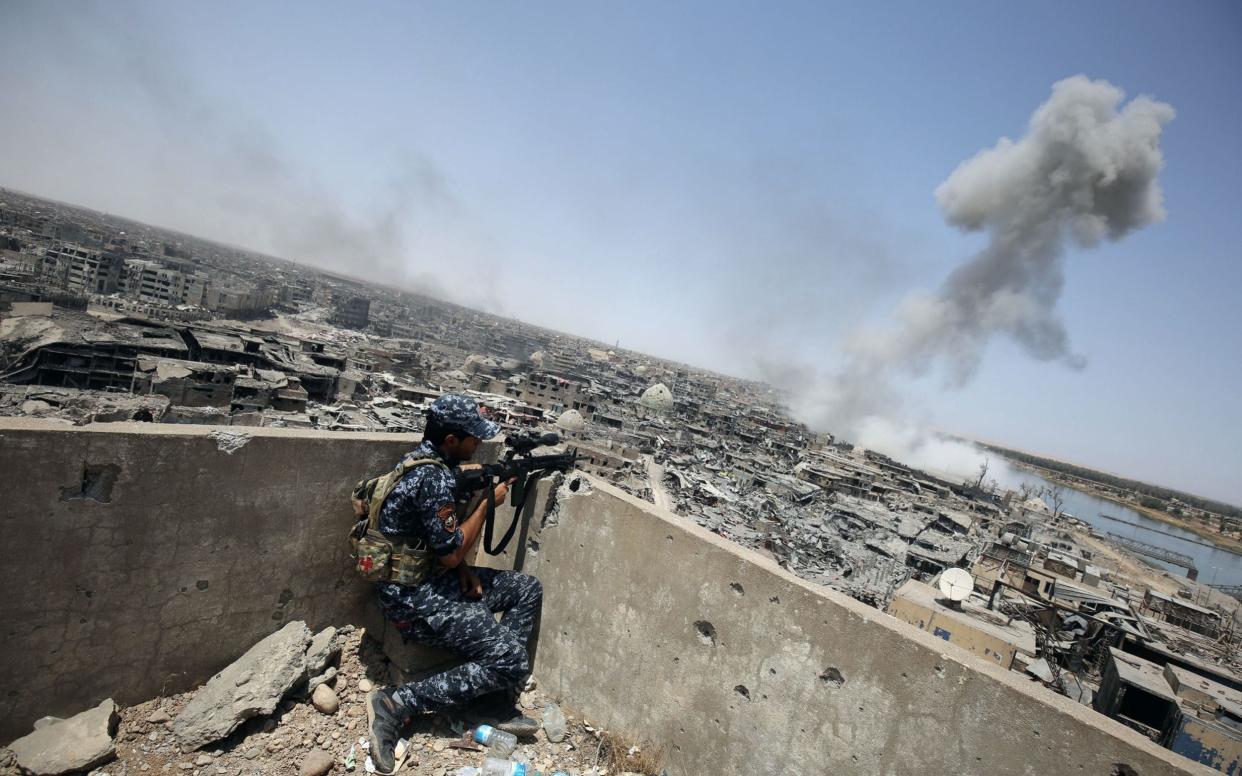
A senior British commander has hit out at a human rights group’s claims the US-led coalition and Iraqi forces used excessive force in the battle to recapture Mosul, calling them “naive and deeply irresponsible”.
Major General Rupert Jones, the deputy commander of the international anti-Isil coalition, on Wednesday criticised a report published by Amnesty International the day after troops claimed victory over the jihadists as "disrespectful" to the Iraqi government.
Amnesty suggested the government and coalition carried out "disproportionate" and "unlawful" attacks in the fight to take back the city.
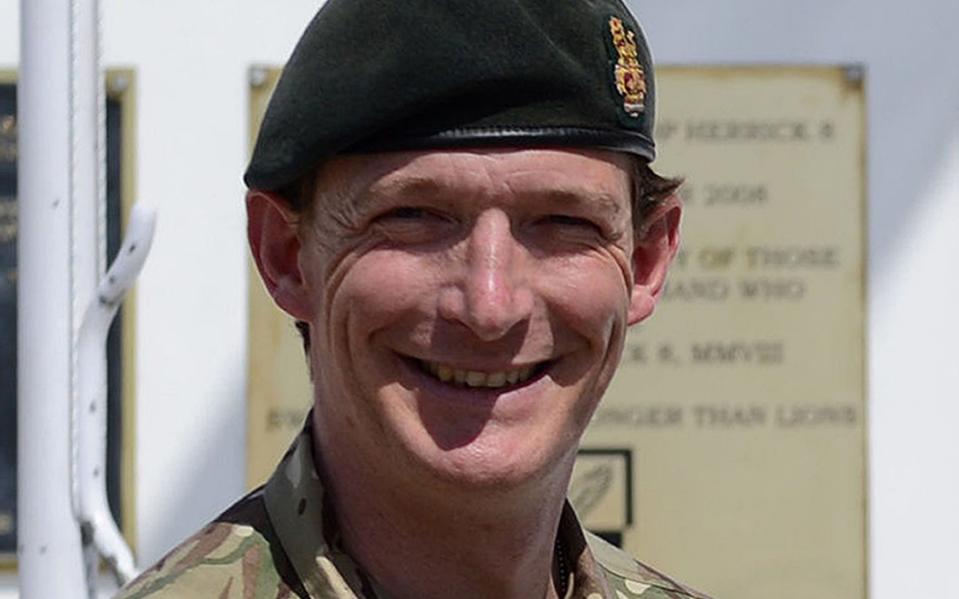
The organisation accused the forces of using unnecessarily powerful weapons in Mosul’s densely-populated Old City, which they say resulted in “needless loss of civilian lives” and could constitute war crimes.
Gen Jones said it is naive to think a city such as Mosul, with a population of 1.75 million, could be liberated without any civilian casualties while fighting an enemy that "lacks all humanity".
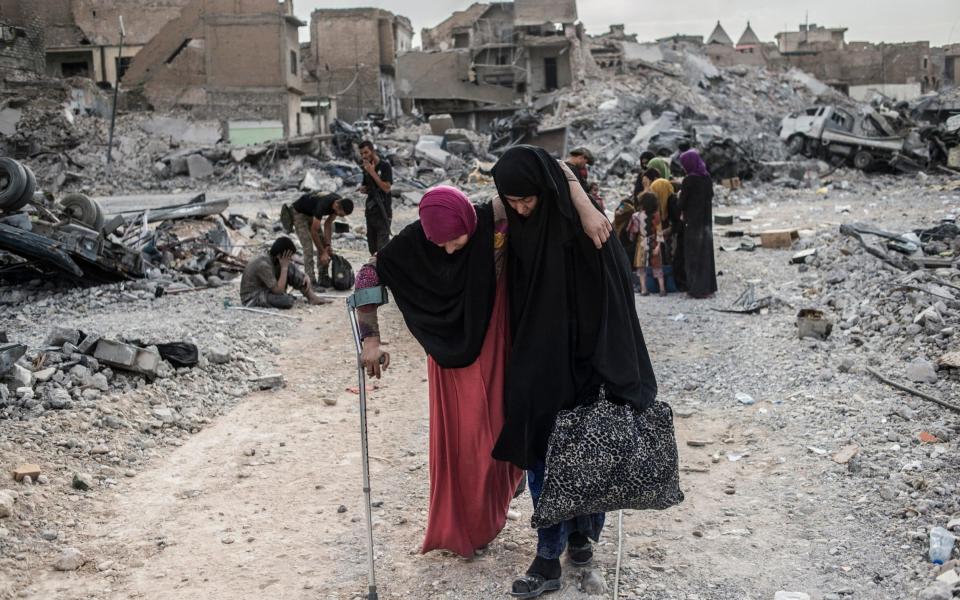
"It strikes me as being written by people who simply have no understanding of the brutality of warfare. But we should be absolutely clear who were deliberately killing civilians," he added.
"It wasn't the government of Iraq, it wasn't the coalition, it was Isis - everybody should be entirely clear what they were doing with the civilians. It went way beyond human shields, they were out and out murdering civilians left, right and centre."
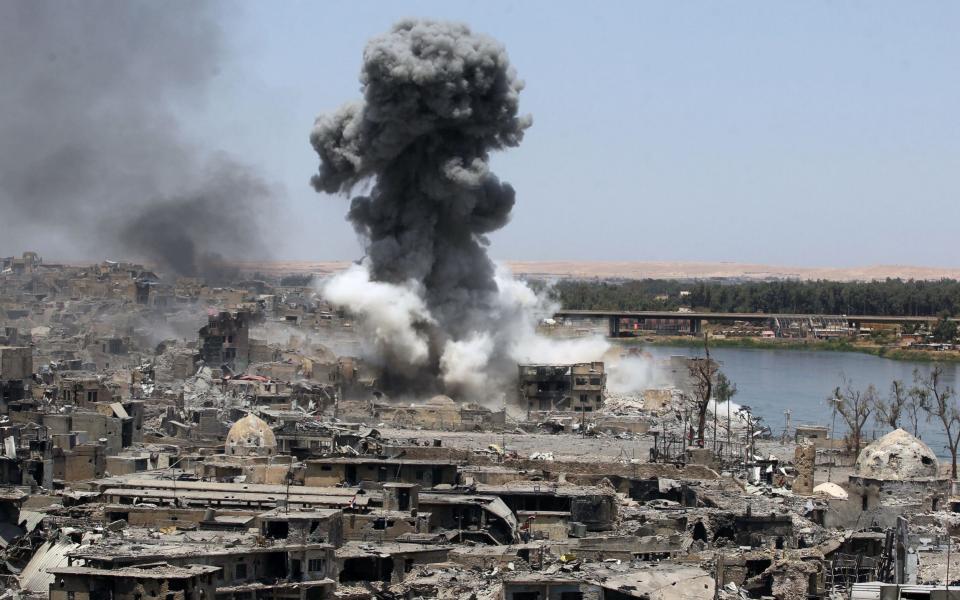
The UK has played a leading role in the coalition, striking 750 Isil targets in support of the Iraqi army during the nine-month offensive.
Thousands of Iraqi troops are thought to have been killed in the fighting, although the total number across the army may never be known as it does not release casualty figures.
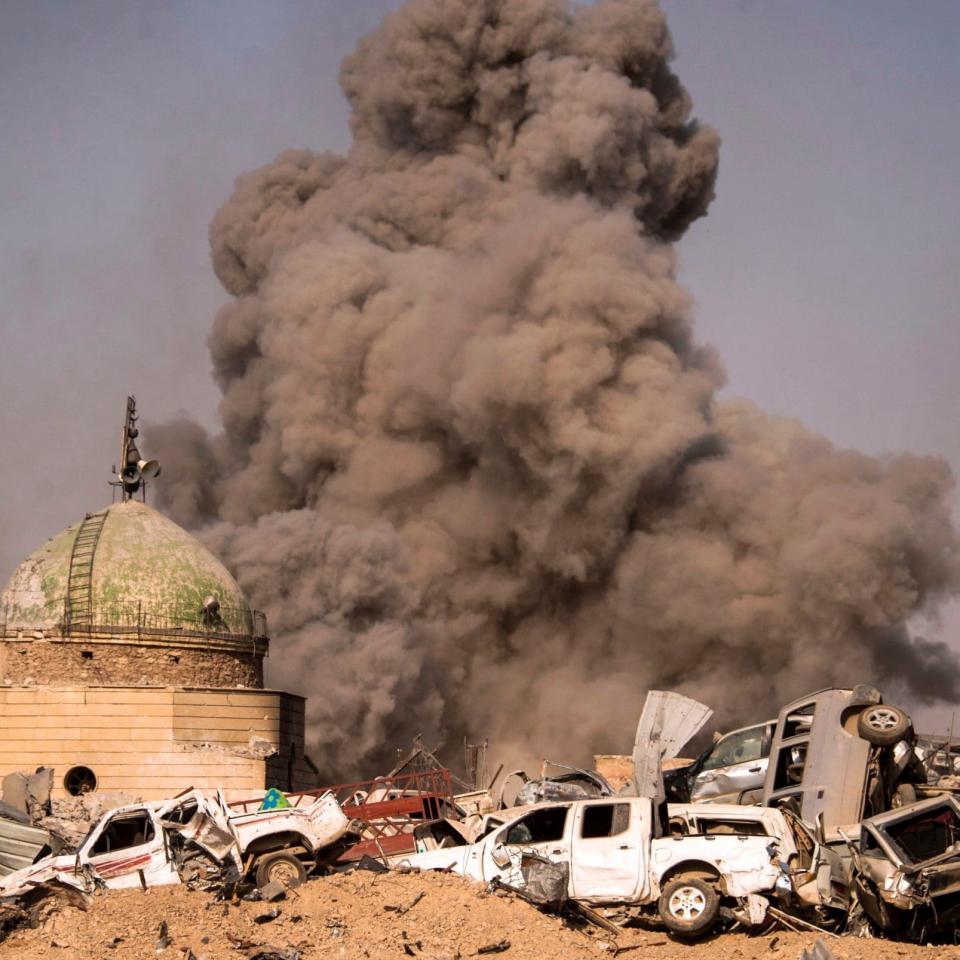
Troops faced a high-tech enemy in Isil, whose campaign was fought using drones carrying explosives, Mad Max-style car bombs, foreign-trained snipers and a complex warren of tunnels. Snipers would take over houses and round up civilians in the basements to use as protection against air strikes.
Whole neighbourhoods of the Old City and western side of Mosul were levelled in the deadliest urban battle since the Second World War.
The Iraqi government says the cost of rebuilding the city will run into the tens of billions of dollars.
Iraq victory over Isil in Mosul, in pictures
Airwars, a UK-based civilian casualties monitoring group, believes that as many as 5,800 civilians were killed in military activity in west Mosul. Iraqi civil defence officials have suggested that up to 4,000 bodies may still be lying buried under rubble.
"The Iraqi security forces have put the safety of civilians as the absolute centrepiece of the liberation of the city over the last nine months - that is beyond question,” said Gen Jones.
"Does that mean there have been no violations? No, of course there have, but whenever those are presented to the government of Iraq, they are taken very, very seriously.”
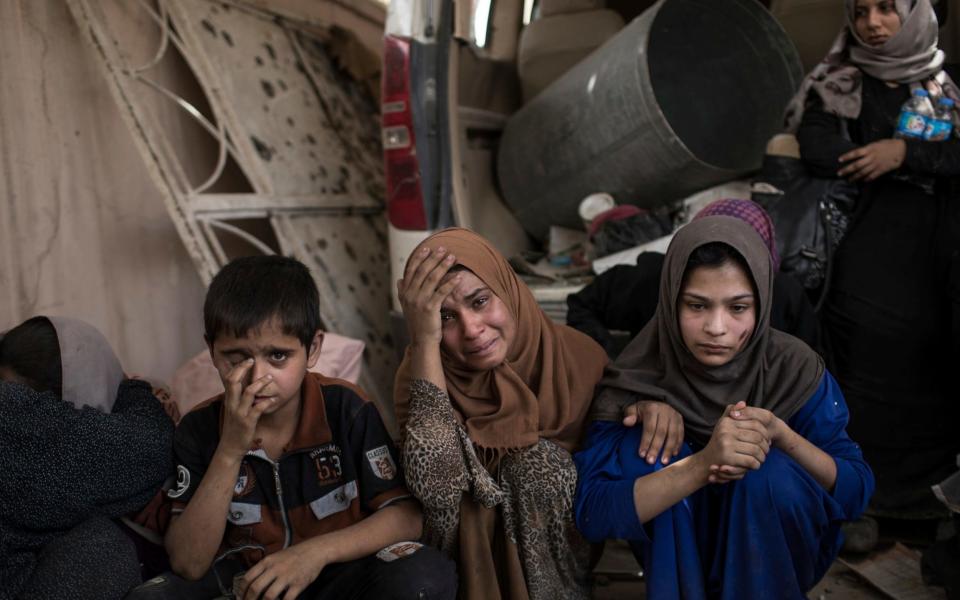
Amnesty demanded a commission of inquiry, saying allied forces failed to adapt their tactics even when it was clear that Isil militants had forced civilians into areas most likely to come under attack.
“The scale and gravity of the loss of civilian lives during the military operation to retake Mosul must immediately be publicly acknowledged at the highest levels of government in Iraq and states that are part of the US-led coalition,” Lynn Maalouf, the Middle East research director, said.
A heated debate has ignited around the cost of the offensive.
Mosul, "liberated" pic.twitter.com/373apJjhay
— ian bremmer (@ianbremmer) July 10, 2017
Ian Bremmer, a global risk consultant, tweeted a picture of destroyed parts of Mosul’s Old City alongside the caption “Mosul, ‘liberated?’” It was shared almost 10,000 times.
Some Twitter users responded with pictures of Dresden after the Second World War, a city which was badly destroyed but quickly rebuilt.
One UK-based Iraqi architect replied: “Why the speech marks? Yes, liberated is liberated, and we are going to rebuild it.”
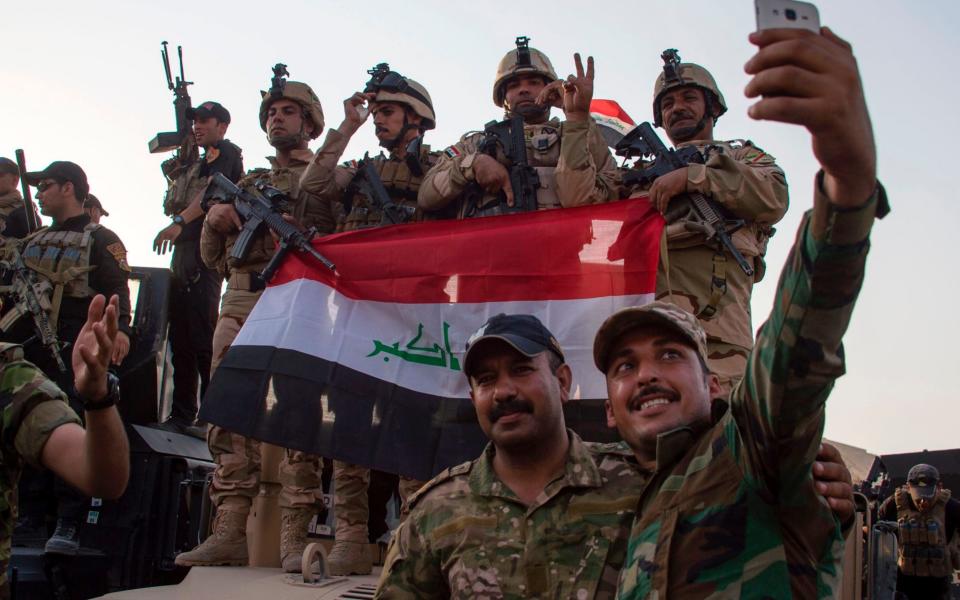
Hamish de Bretton-Gordon, a former commanding officer of the British Armed Forces who is advising forces fighting Isil, told the Telegraph Amnesty had “failed to understand the difficulties of fighting in cities,” against a determined and organised adversary.
“Time has been of the essence here and every day Mosul was under Isil control hundreds of people were dying at their hands, far more from alleged coalition activity," he said.
“Warfare is brutal and what might seem dreadful in an office in Europe, or elsewhere, is a fact of life in a warzone, and those who criticise should ensure they really understand the environment.
“Amnesty’s work is essential to bring those responsible for atrocities to book, but it also needs to be tempered in this case, with the reality of the lengths Isil would go to protect their so-called caliphate with no regard to human life.”
FAQ | The battle for Mosul

